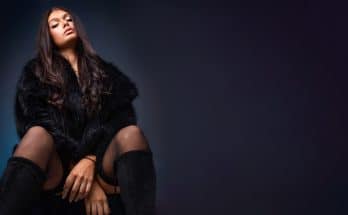An intriguing look into the world of a photographer. Famed for his diversity and creativity, Qaiser Azim talks to us about his professional journey.
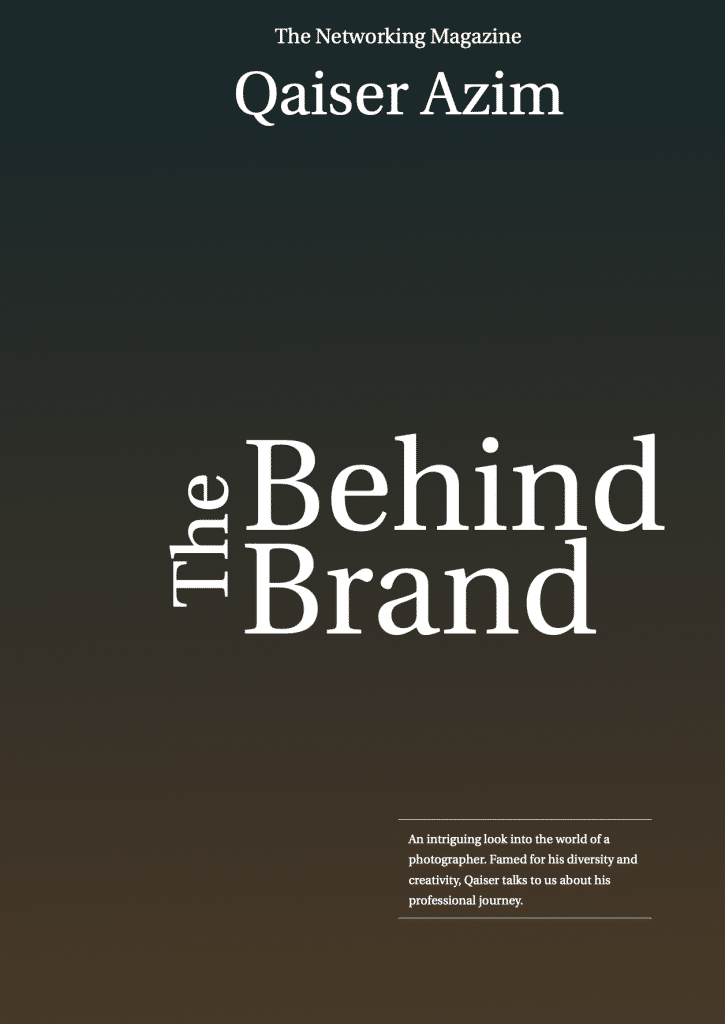
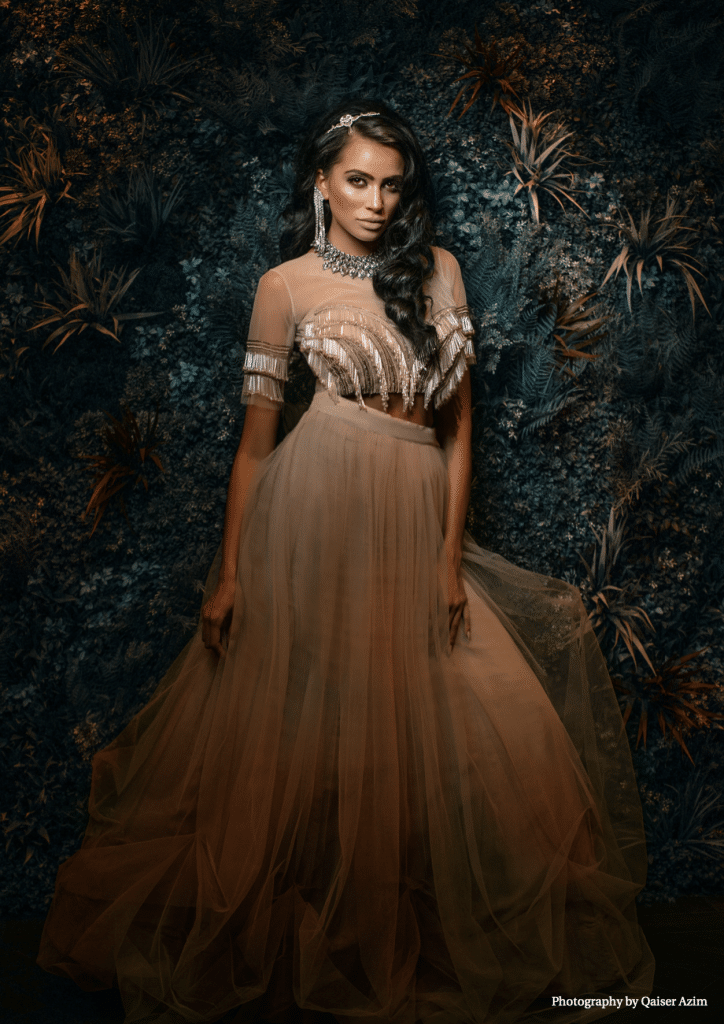
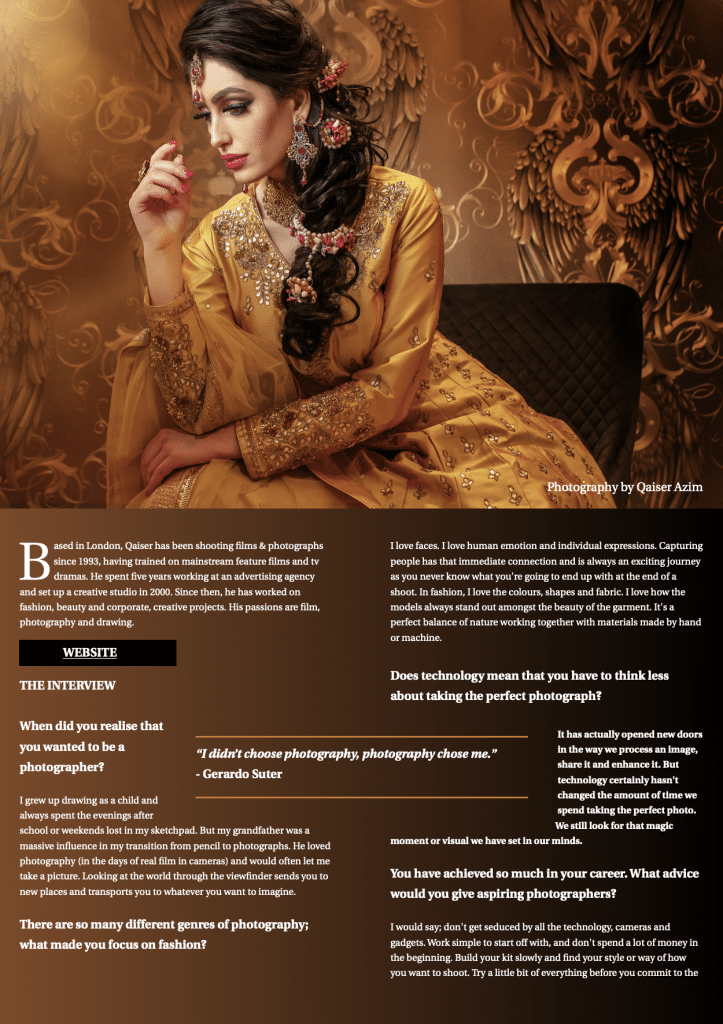
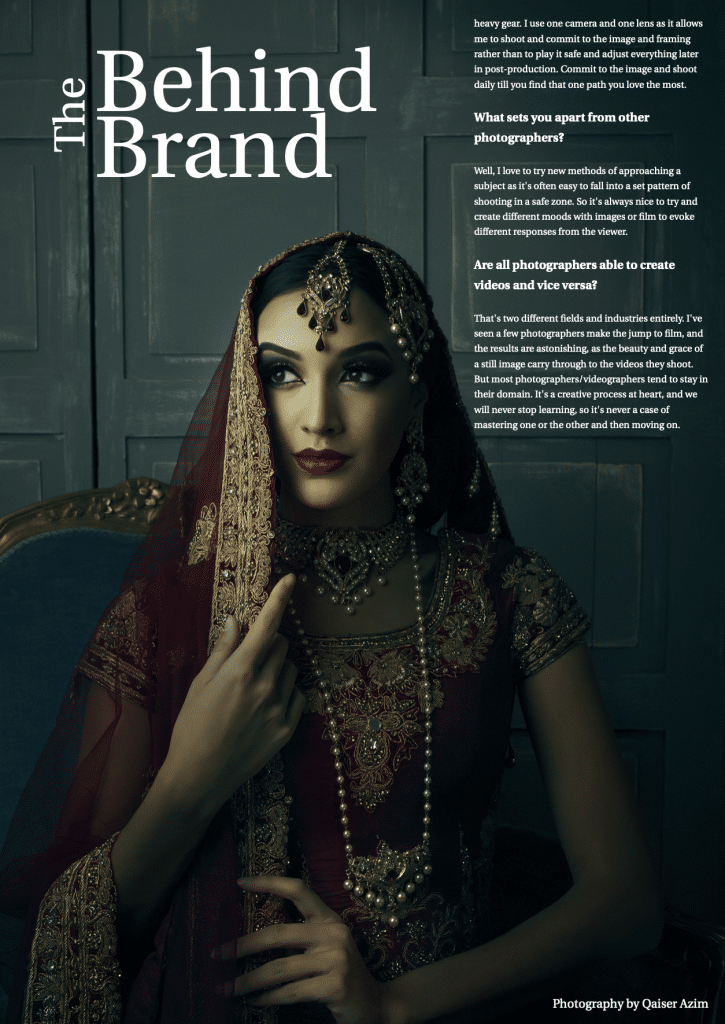
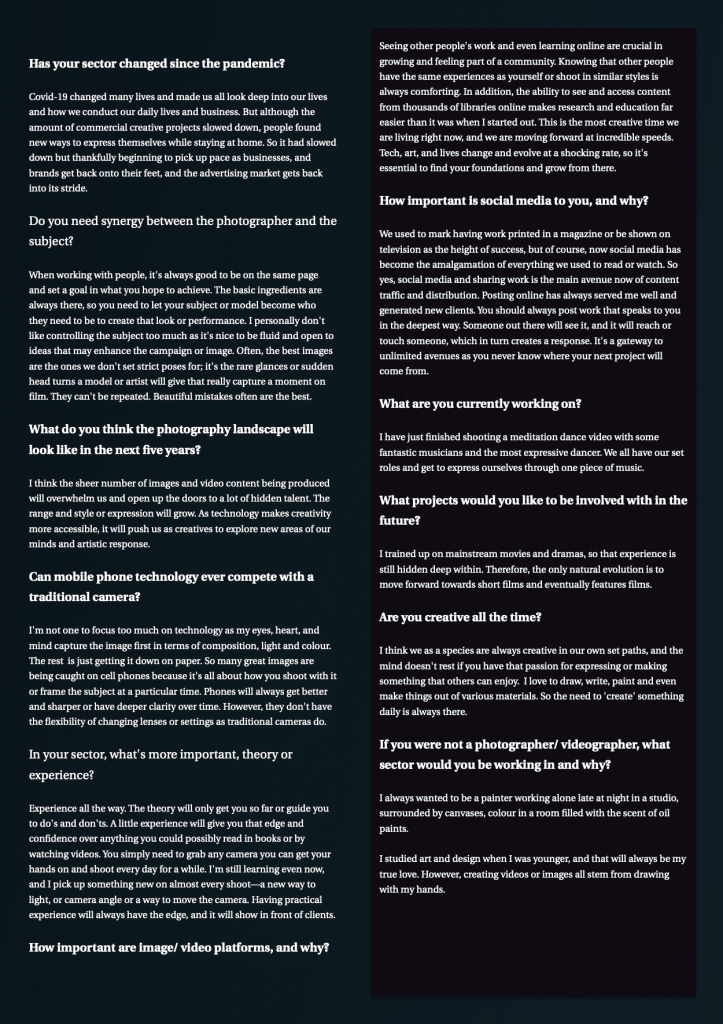
Based in London, Qaiser has been shooting films & photographs since 1993.
Trained on mainstream feature films and tv dramas, he spent five years working at an advertising agency and set up a creative studio in 2000. Since then, he has worked on fashion, beauty and corporate, creative projects. His passions are film, photography and drawing.
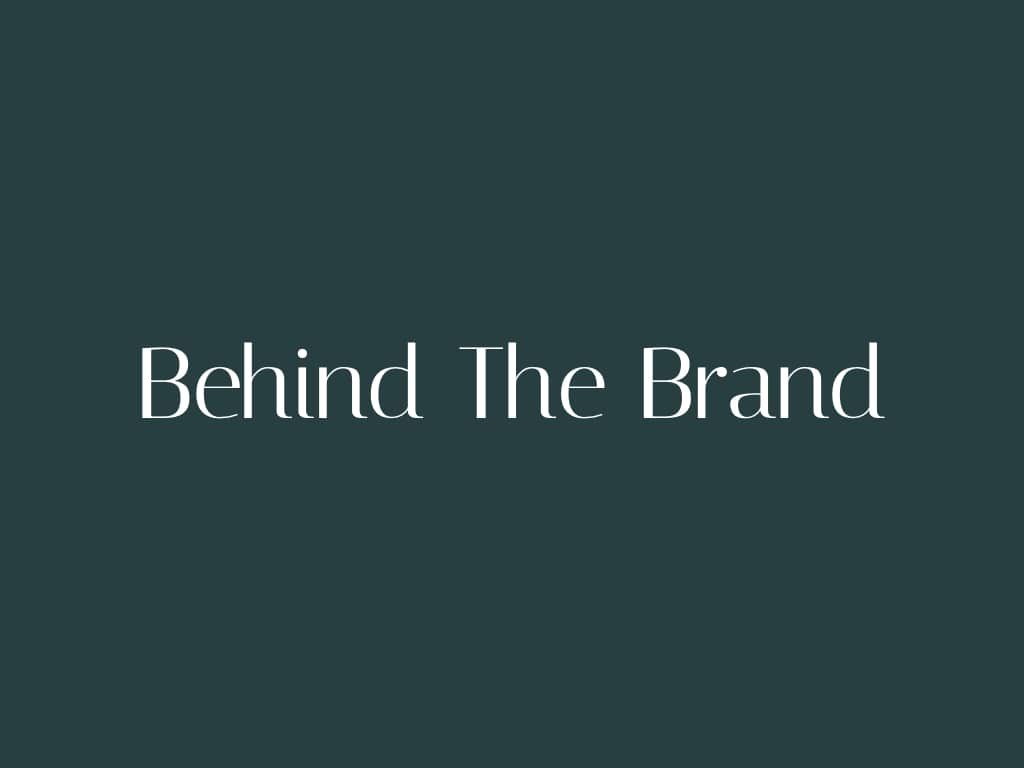
The Interview
When did you realise that you wanted to be a photographer?
I grew up drawing as a child and always spent the evenings after school or weekends lost in my sketchpad. But my grandfather was a massive influence in my transition from pencil to photographs. He loved photography (in the days of real film in cameras) and would often let me take a picture. Looking at the world through the viewfinder sends you to new places and transports you to whatever you want to imagine.
Genres
There are so many different genres of photography; what made you focus on fashion?
I love faces. I love human emotion and individual expressions. Capturing people has that immediate connection and is always an exciting journey as you never know what you’re going to end up with at the end of a shoot. In fashion, I love the colours, shapes and fabric. I love how the models always stand out amongst the beauty of the garment. It’s a perfect balance of nature working together with materials made by hand or machine.
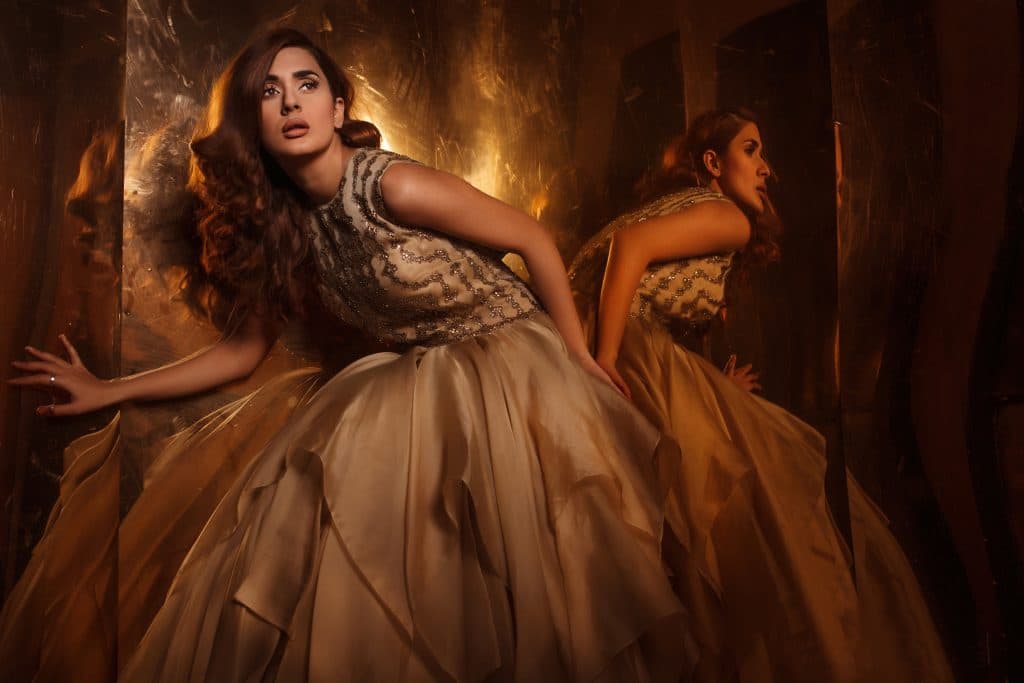
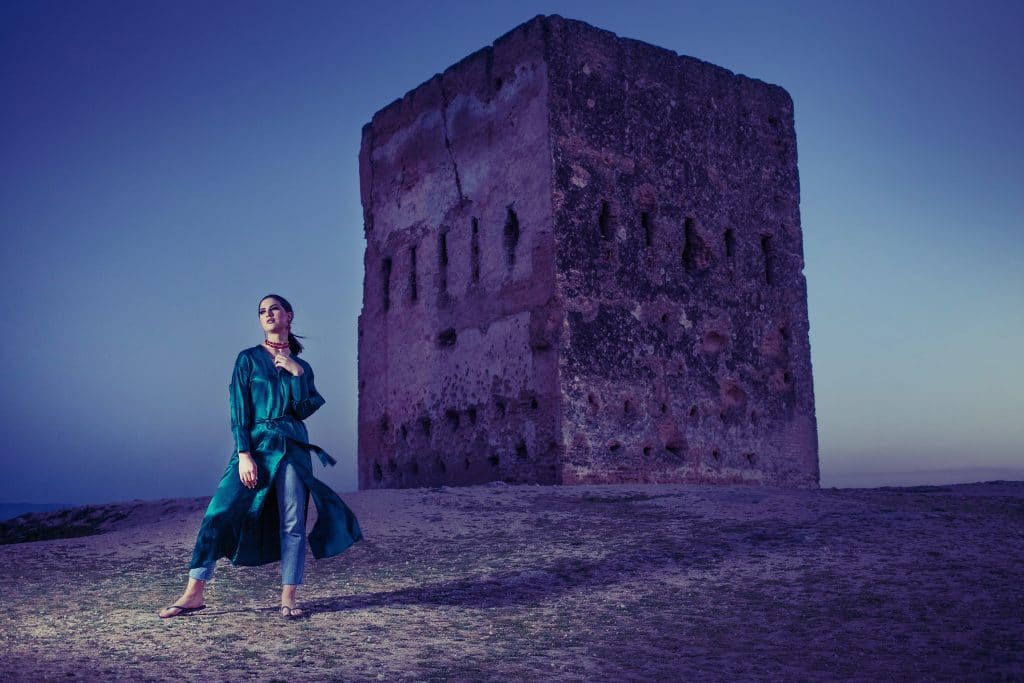
Technology
Does technology mean that you have to think less about taking the perfect photograph?
It has actually opened new doors in the way we process an image, share it and enhance it. But technology certainly hasn’t changed the amount of time we spend taking the perfect photo. We still look for that magic moment or visual we have set in our minds.
Advice
You have achieved so much in your career. What advice would you give aspiring photographers?
I would say; don’t get seduced by all the technology, cameras and gadgets. Work simple to start off with, and don’t spend a lot of money in the beginning. Build your kit slowly and find your style or way of how you want to shoot. Try a little bit of everything before you commit to the heavy gear. I use one camera and one lens as it allows me to shoot and commit to the image and framing rather than to play it safe and adjust everything later in post-production. Commit to the image and shoot daily till you find that one path you love the most.
What sets you apart from other photographers?
Well, I love to try new methods of approaching a subject as it’s often easy to fall into a set pattern of shooting in a safe zone. So it’s always nice to try and create different moods with images or film to evoke different responses from the viewer.
Are all photographers able to create videos and vice versa?
That’s two different fields and industries entirely. I’ve seen a few photographers make the jump to film, and the results are astonishing, as the beauty and grace of a still image carry through to the videos they shoot. But most photographers/videographers tend to stay in their domain. It’s a creative process at heart, and we will never stop learning, so it’s never a case of mastering one or the other and then moving on.
The Pandemic
Has your sector changed since the pandemic?
Covid-19 changed many lives and made us all look deep into our lives and how we conduct our daily lives and business. But although the amount of commercial creative projects slowed down, people found new ways to express themselves while staying at home. So it had slowed down but thankfully beginning to pick up pace as businesses, and brands get back onto their feet, and the advertising market gets back into its stride.
Do you need synergy between the photographer and the subject?
When working with people, it’s always good to be on the same page and set a goal in what you hope to achieve. The basic ingredients are always there, so you need to let your subject or model become who they need to be to create that look or performance. I personally don’t like controlling the subject too much as it’s nice to be fluid and open to ideas that may enhance the campaign or image. Often, the best images are the ones we don’t set strict poses for; it’s the rare glances or sudden head turns a model or artist will give that really capture a moment on film. They can’t be repeated. Beautiful mistakes often are the best.
What do you think the photography landscape will look like in the next five years?
I think the sheer number of images and video content being produced will overwhelm us and open up the doors to a lot of hidden talent. The range and style or expression will grow. As technology makes creativity more accessible, it will push us as creatives to explore new areas of our minds and artistic response.
Mobile Vs DSLR
Can mobile phone technology ever compete with a traditional camera?
I’m not one to focus too much on technology as my eyes, heart, and mind capture the image first in terms of composition, light and colour. The rest is just getting it down on paper. So many great images are being caught on cell phones because it’s all about how you shoot with it or frame the subject at a particular time. Phones will always get better and sharper or have deeper clarity over time. However, they don’t have the flexibility of changing lenses or settings as traditional cameras do.
Theory Vs experience
In your sector, what’s more important, theory or experience?
Experience all the way. The theory will only get you so far or guide you to do’s and don’ts. A little experience will give you that edge and confidence over anything you could possibly read in books or by watching videos. You simply need to grab any camera you can get your hands on and shoot every day for a while. I’m still learning even now, and I pick up something new on almost every shoot—a new way to light, or camera angle or a way to move the camera. Having practical experience will always have the edge, and it will show in front of clients.
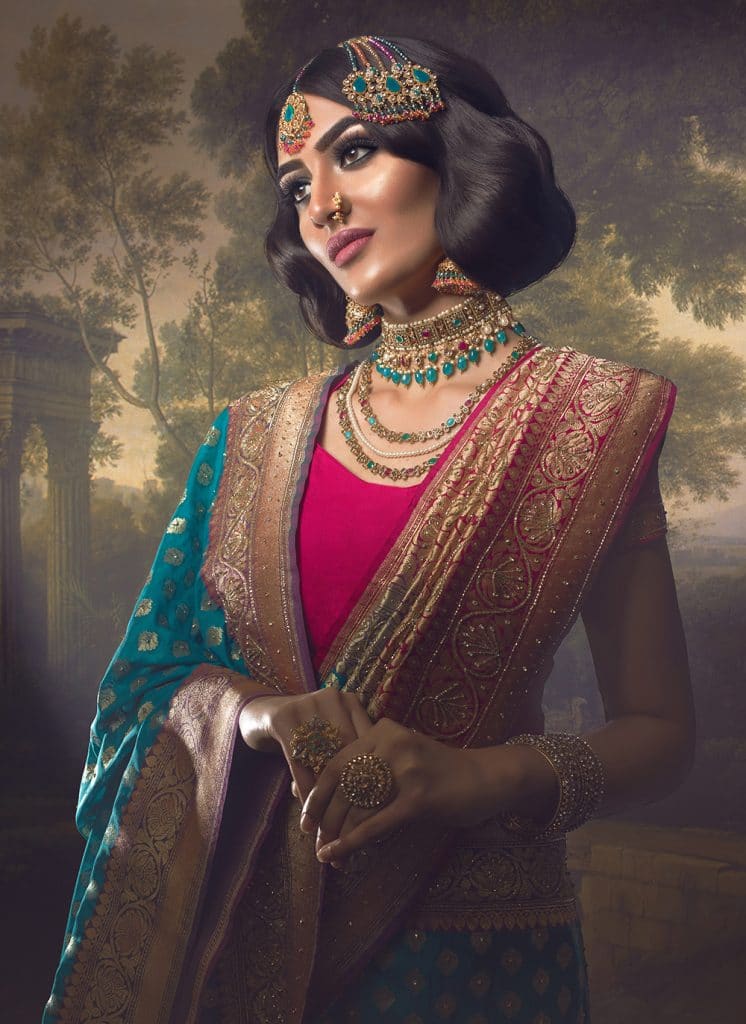
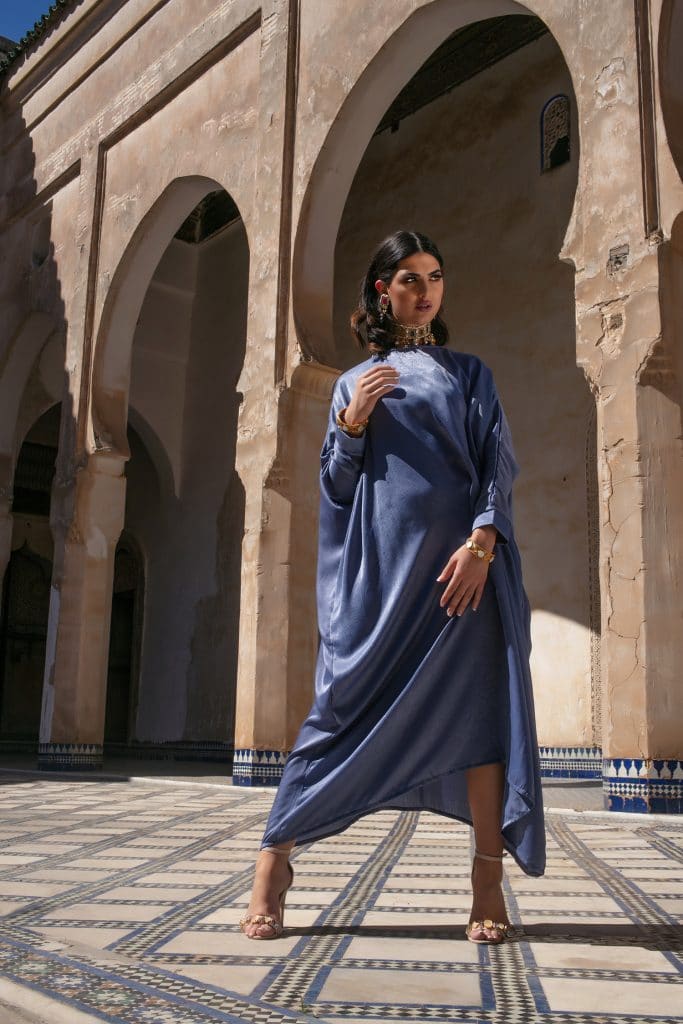
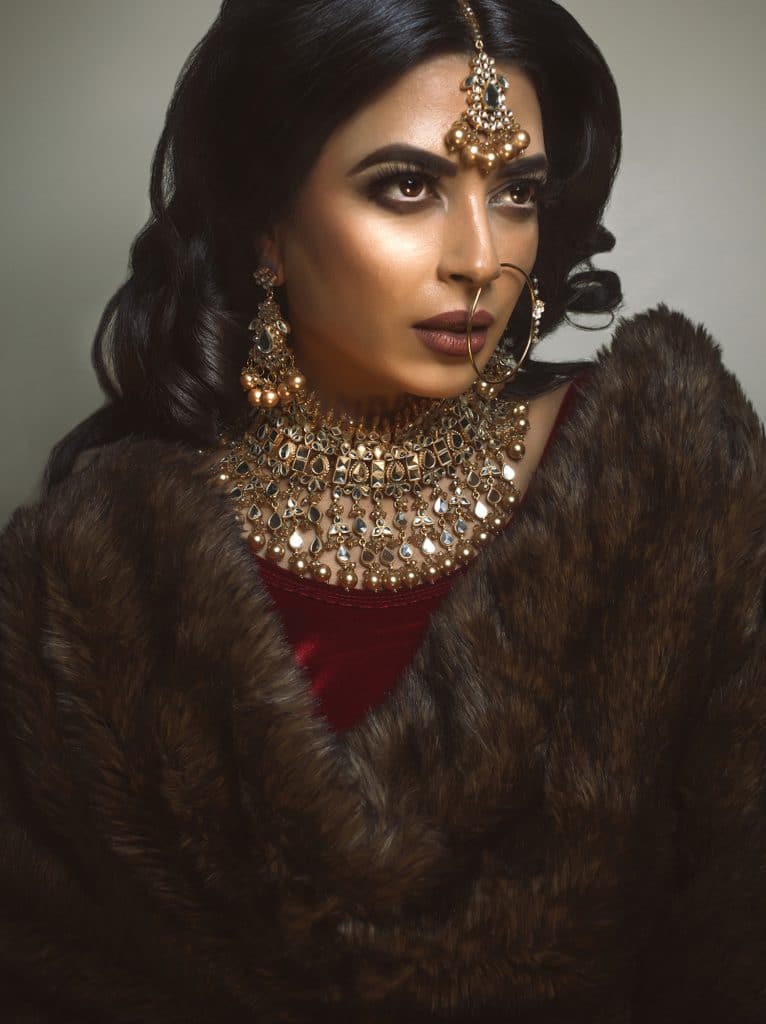
How important are image/ video platforms, and why?
Seeing other people’s work and even learning online are crucial in growing and feeling part of a community. Knowing that other people have the same experiences as yourself or shoot in similar styles is always comforting. In addition, the ability to see and access content from thousands of libraries online makes research and education far easier than it was when I started out. This is the most creative time we are living right now, and we are moving forward at incredible speeds. Tech, art, and lives change and evolve at a shocking rate, so it’s essential to find your foundations and grow from there.
Social Media
How important is social media to you, and why?
We used to mark having work printed in a magazine or be shown on television as the height of success, but of course, now social media has become the amalgamation of everything we used to read or watch. So yes, social media and sharing work is the main avenue now of content traffic and distribution. Posting online has always served me well and generated new clients. You should always post work that speaks to you in the deepest way. Someone out there will see it, and it will reach or touch someone, which in turn creates a response. It’s a gateway to unlimited avenues as you never know where your next project will come from.
What are you currently working on?
I have just finished shooting a meditation dance video with some fantastic musicians and the most expressive dancer. We all have our set roles and get to express ourselves through one piece of music.
The Future
What projects would you like to be involved with in the future?
I trained up on mainstream movies and dramas, so that experience is still hidden deep within. Therefore, the only natural evolution is to move forward towards short films and eventually features films.
Creativity
Are you creative all the time?
I think we as a species are always creative in our own set paths, and the mind doesn’t rest if you have that passion for expressing or making something that others can enjoy. I love to draw, write, paint and even make things out of various materials. So the need to ‘create’ something daily is always there.
If you were not a photographer/ videographer, what sector would you be working in and why?
I always wanted to be a painter working alone late at night in a studio, surrounded by canvases, colour in a room filled with the scent of oil paints.
Photographer
I studied art and design when I was younger, and that will always be my true love. However, creating videos or images all stem from drawing with my hands.
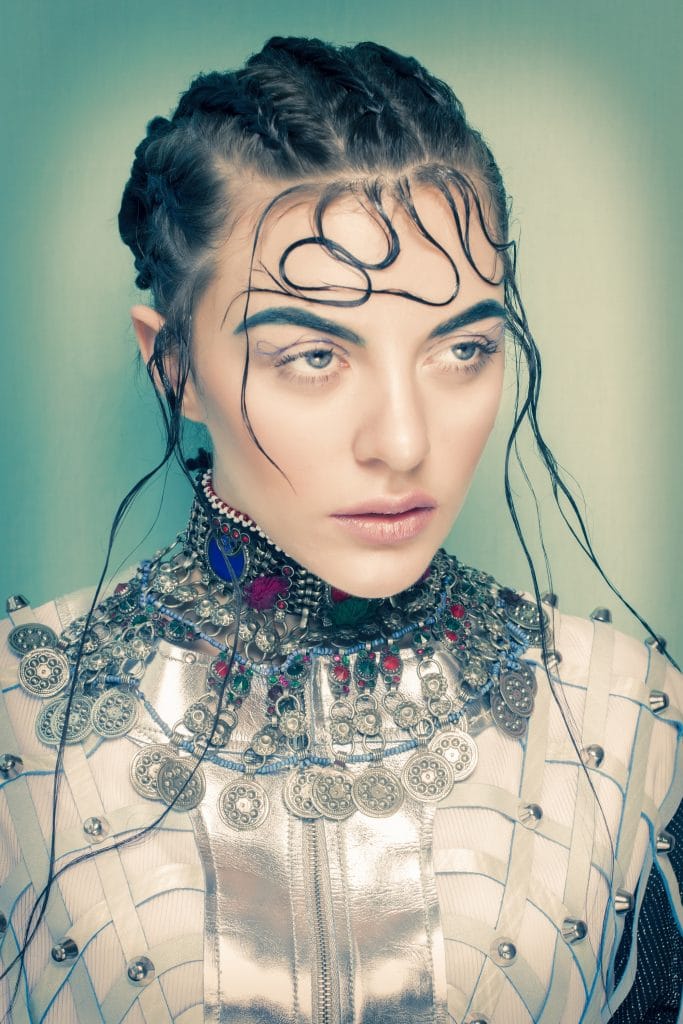
Contact us for an editorial on your life story.



